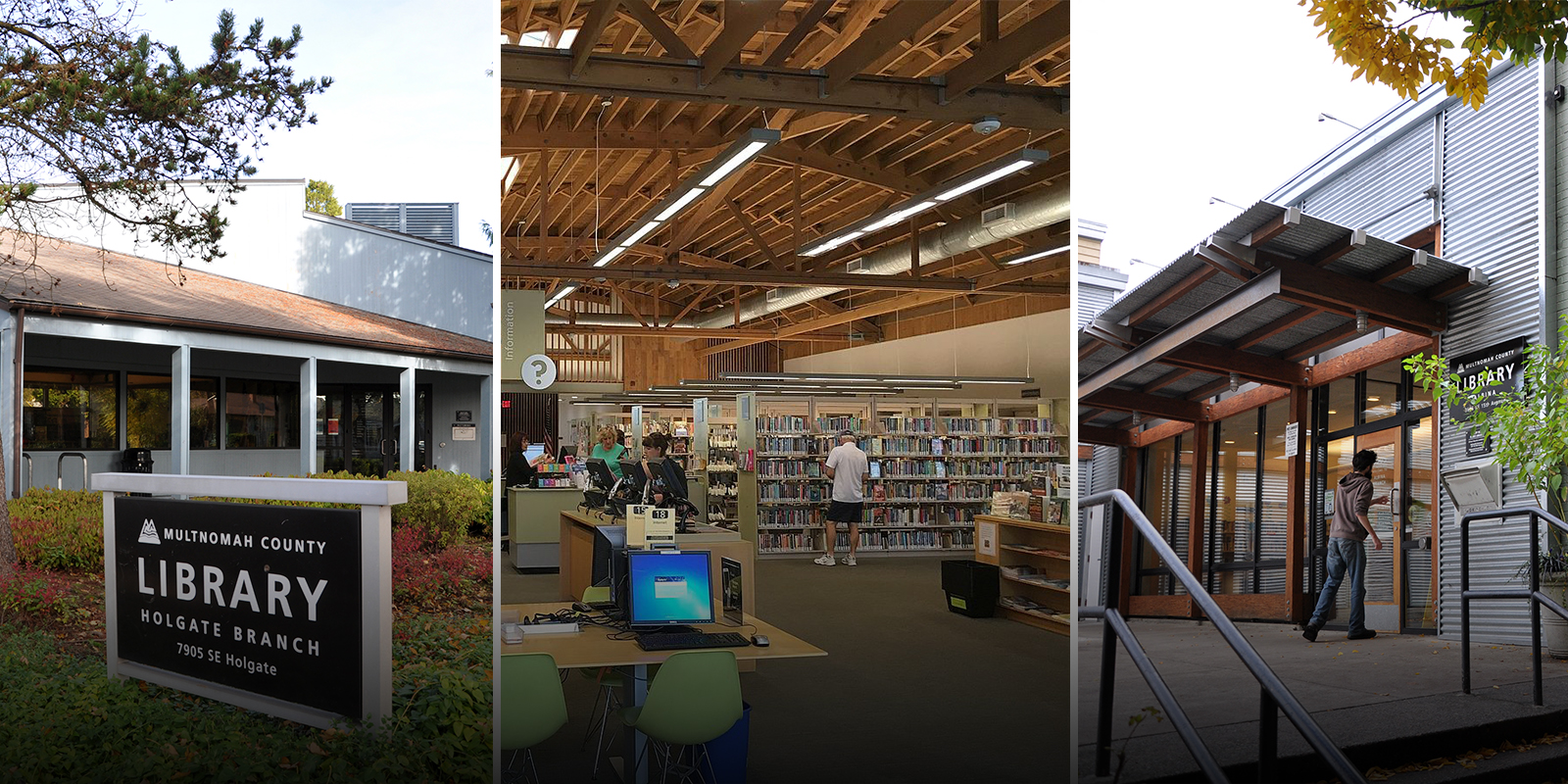AFSCME librarians are in the front lines of a growing effort to increase digital literacy in their communities, and nowhere is that more evident than in Portland, Oregon.
Since beginning her career as a librarian 20 years ago in Baltimore, Oregon librarian Steph Miller, AFSCME Local 88 (Council 75), has seen libraries expand and evolve with technology. Even back then, computers were changing how librarians do their job. That’s true even more so today.
Now a digital equity & learning librarian for the Multnomah County Library in Portland, Miller and her fellow librarians have been teaching basic digital literacy skills to patrons who need to access and sort through the endless sea of information now available to all of us.
Libraries have “been involved in digital inclusion since the internet was invented,” she said – and librarians with them.
In Portland, Miller is a leader in helping bring the library’s digital capabilities to the broader community. She works with the Digital Inclusion Network, a partnership between the county, the City of Portland, the Multnomah County Library and community organizations interested in raising public awareness and “developing solutions to bridging the digital divide,” according to the city’s Office of Management and Finance.
Miller said she and her colleagues like to call this “the three-legged-stool of digital access.” Read more about it here.
“While the systems have become more complex with more features, the fundamental skills you need to operate them haven’t changed too much,” said Miller. “You still need a computer, a mouse and a monitor.”
Teaching these skills can help the library’s patrons unlock a world previously unavailable to them. For instance, it can help them apply for jobs or connect with family via social media. It can change lives.
